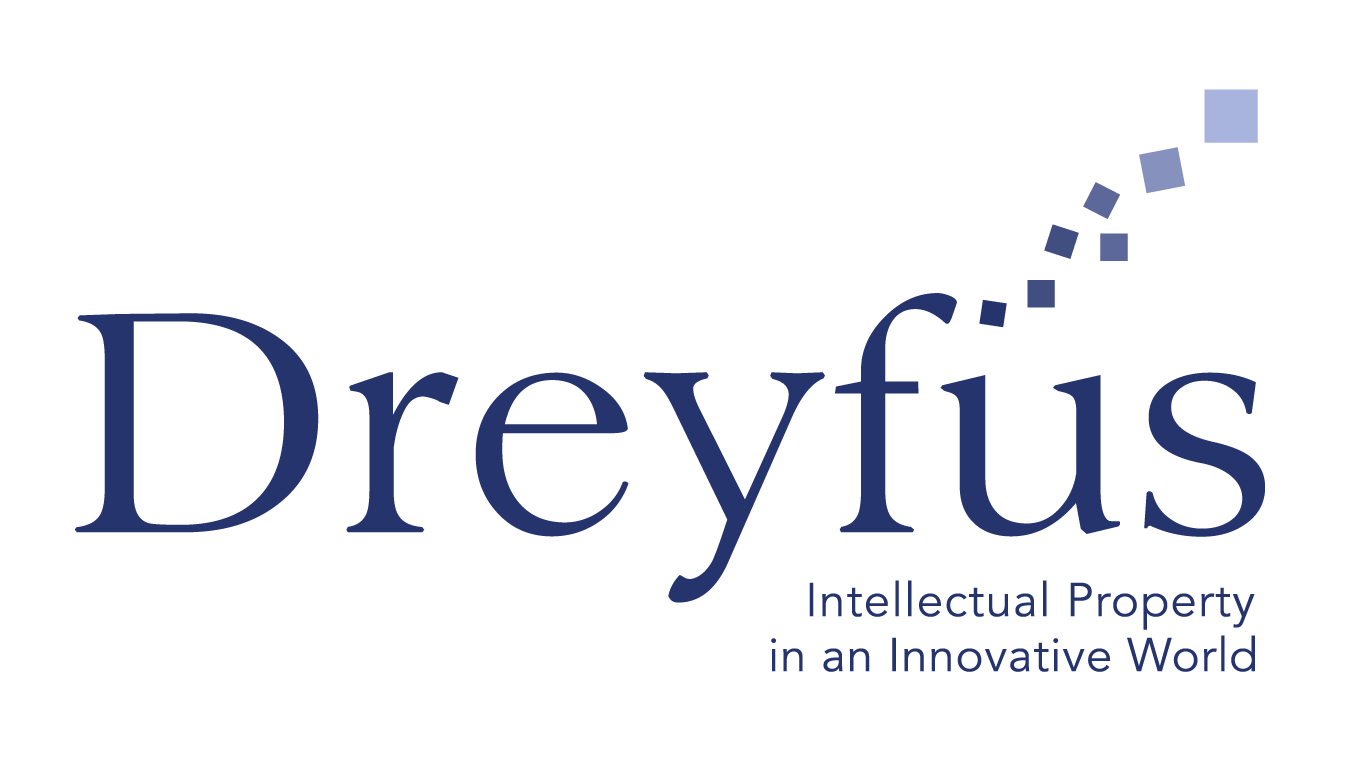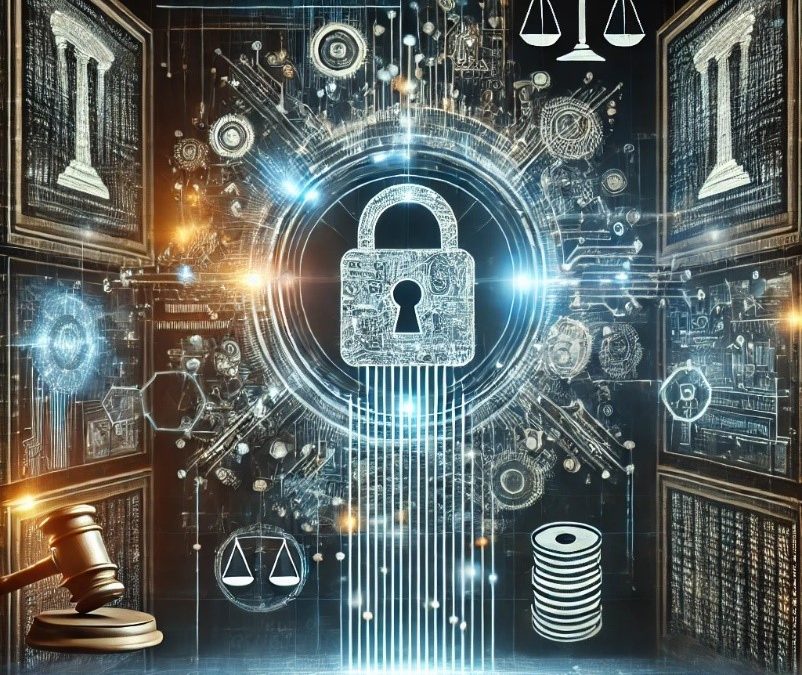Image generated by DALL-E 3
In a recently published piece in the North Carolina Journal of Law and Technology, the following question arises : Can AI systems develop a trade secret without anyone knwing about it (at least initially) ? The affirmative answer posits intriguing legal and practical implications for the field of intellectual property.
Understanding trade secrets
A trade secret encompasses any information that holds potential or actual economic value from not being generally known or readily ascertainable. The essence of trade secret protection lies in the secrecy that adds value to the information. Notable examples include the Coca Cola formula and Kentucky Fried Chicken’s recipe.
In the U.S., both federal and state laws safeguard trade secrets, providing a framework for addressing theft and unauthorized disclosure, predominantly in the realm of private litigation.
AI and trade secrets
AI systems uniquely challenge the traditional boundaries of trade secrets as they can generate economically valuable information that was not initially known to their human creators.
For instance, if an AI is used by a pharmaceutical firm and discovers independently a promising new drug formula before any person at the company becomes aware of it, the critical question is whether such information, initially known only to the AI, qualifies as a trade secret.
Legally, trade secrets are defined by what they are not, that is information not generally known to others. Federal and state statutes do not mandate the owner’s knowledge as a criterion for trade secret status. This textual interpretation supports the notion that AI-generated secrets, even unknown to any human, can qualify as trade secrets.
This stance would also prevent potential loopholes. Indeed, if a rogue insider exploits and sells undisclosed AI-discovered information, he would not be able to avoid claims for misappropriation of trade secrets if this information is qualified as such.
AI in financial markets
Another fascinating scenario involves AI in automated trading. As algorithms evolve with data accumulation, the programmers who originally developed the AI systme might lose track of how trading decisions are made. Yet, the evolved algorithm’s secrecy and economic value could very well qualify it as a trade secret, emphasizing efforts to shield such AI systems from unauthorized access.
Challenges in asserting AI-Generated trade secrets
Ownership of an AI-generated trade secret poses unique challenges, especially when asserting misappropriation. The trade secret owner must articulate the secret’s specifics to distinguish it from general or specialized knowledge within the industry, as per legal standards established by courts (California State Court, 1968, Diodes, Inc. v. Franzen). This requirement underscores the need for a thorough understanding and description of how the AI algorithm operates—a rather significant hurdle when the details remain unknown to the owners.
The broader implications for IP Law
AI’s intersection with intellectual property law extends beyond copyright and patent queries, directly impacting trade secrets. This evolving area demands heightened attention as AI technologies become increasingly integrated across various sectors, presenting new challenges and opportunities for IP law.
The discourse around AI and trade secrets not only expands our understanding of intellectual property rights in the digital age but also sets the stage for further judicial exploration. As AI continues to advance, so too must our legal frameworks adapt to address the complex landscape of AI-generated knowledge.
Join us on social media!

